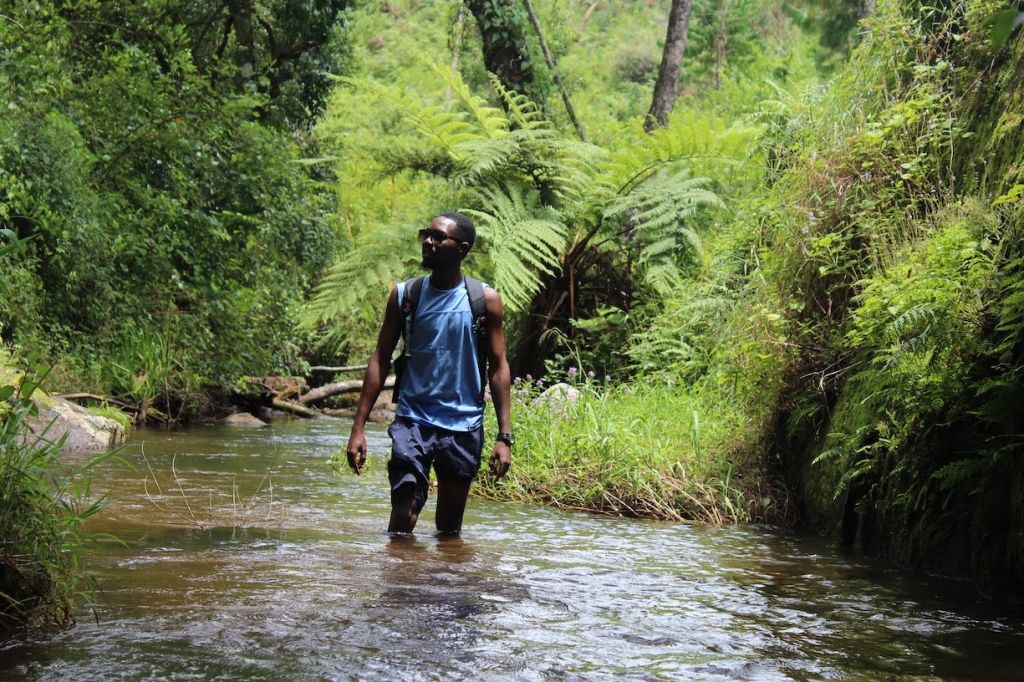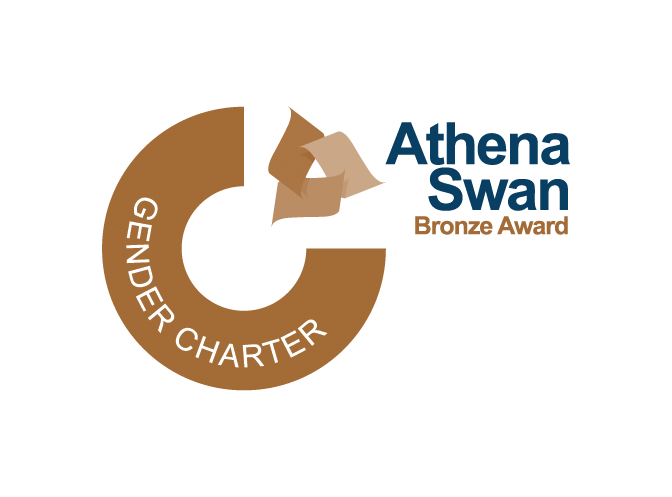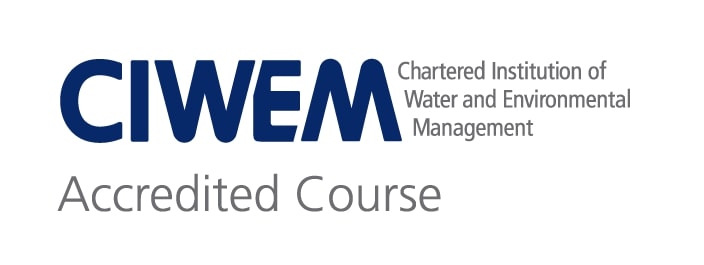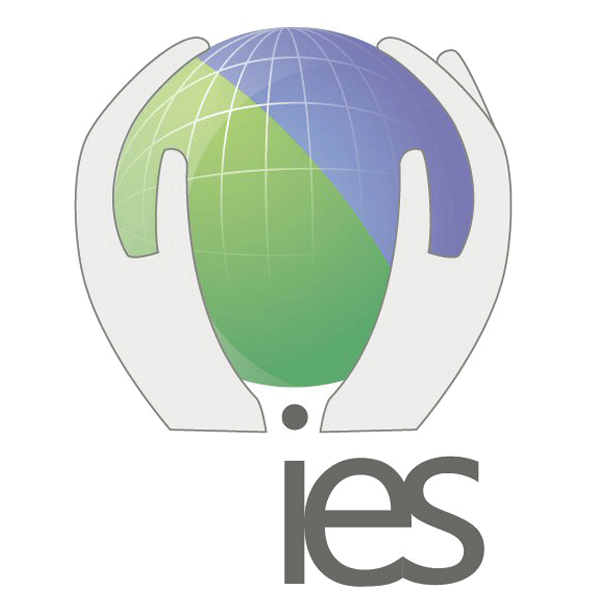As a PhD student in EEES you will be contributing to our dynamic and successful research, much of which was recognised as ‘world leading’ or ‘internationally excellent’ in the last Research Excellence Framework assessment.
Listen to Matt talking about his PhD research.
Matt Kent:: My name is Matt and I am investigating the effects of deforestation and drainage on peat swamp forests in Indonesia, specifically looking at the greenhouse gas emissions from channels draining those areas.
One of the best things about my project has been just the amount of time that I spent out in the field. So in the last three years I've spent about a year of that out in Indonesia, wading around swamp forests, being bitten by mosquitoes, but also learning a local language and really engaging with the culture. And, yeah, it's been an extraordinary experience.
During my time out in Indonesia, I really grew as a person. I think one of the main ways that was, was because I became incredibly independent. So over the course of a year I was coordinating people, where I was going to work, deciding the kind of research I was doing, and finding materials - and out in Indonesia those can be quite difficult, particularly in a rural area. But over a course of time I learned a language well enough and got to meet enough people that eventually I had I was hiring people to do to get drone footage of my sites over the forest, and it really helped me grow.
One of the key benefits of choosing to do your PhD at the Open University is the access you will have to a wide range of well-equipped laboratories and specialist equipment, available in the School and wider university.
There is also a lively academic support network with regular seminars, research group meetings and informal chats at coffee time, giving you plenty of opportunities to talk with your supervisors, peers, and other researchers and academic staff about your research interests.
Listen to Laura talking about her PhD research.
Laura George: Hi, my name is Laura and I'm doing a PhD on plant community assembly on soils fluctuating hydrology and looking at floodplain meadows - and I have some sites over in western Ireland as well.
At the OU (Open University) we have a few different facilities I've been using. So to get my seedlings going ready for the experiment, I've been using a controlled growth room environment where you can set temperature, and humidity, and the light, exactly how you want - which is great when you're trying to get seeds growing in November, December time. And then I've been basically growing them down here in the greenhouse all ready to plant out this March and ready to start experimenting.
So when I went out to do some preliminary analyses of my sites, I collected some soil samples because I basically wanted to look at how different they were in terms of nutrients, and pH which could really impact on the species diversity that's there, and because the main factor I want to look at is hydrology - I want to see how similar the other factors are. So I collected some soil samples, dried them, got them back over here, and then analyse them in the lab - extracting the phosphate and looking at the pH, which is then going to help me in my analysis further on.
If applicable to your research project, you will also have the opportunity to go on fieldwork to collect data and samples. PhD research students from the school have set up a podcast sharing research stories from the field. Listen to our Fieldwork Diaries podcast to hear more tales!
Training and opportunities
You will also have access to a comprehensive training and professional development programme focusing on research skills for PhD students, as well as receiving specific training for your individual project.
These training events have been specifically designed not only to ensure you can successfully complete your PhD, but to also help prepare you for future employment.
As part of this, you will be encouraged to attend at least one national and one international conference during your PhD, and present your findings.
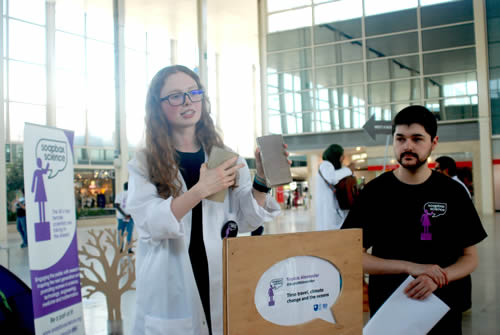
You can also gain some teaching experience while doing your PhD, in terms of supporting students on our Environmental and Earth Science field-trips, running online seminars and research presentations for our students and our associate staff, as well as working with academics here on campus on some of our FutureLearn MOOCs.
This experience will give you a unique opportunity to experience first-hand what makes for effective online learning and teaching. This is a skill that is not only relevant to the wider education sector, but is also directly relevant to many jobs, where you may work as part of an online team.
Listen to Nikola talking about his PhD research.
Nikola: Hi, my name is Nik I'm a postgraduate research student at The Open University working on the real-time satellite-based volcano monitoring project.
My project is made of two parts, one is remote sensing the other part is volcanology. Training I received on fourier transfer infrared spectrometry to measure emissivity of volcanic rock samples. The results will be used for the remote sensing data verification.
Because my project is quite complex, I have three very capable supervisors – extremely knowledgeable researchers. Remote sensing - Fabrizio is absolutely brilliant and I can ask him anything about remote sensing, he is like an encyclopaedia, he knows everything. Hazel is my field supervisor she's a geophysicist, I absolutely loved working with her on Masaya volcano, Nicaragua, and I'm looking forward to see her again there or on any other volcano.
Stephen Blake, volcanologist, he is very knowledgeable about the rocks’ compositions, spectra, anything I need, I just give him a ring and he will basically tell me anything I need to know. Very, very good support from my supervisors and I'm absolutely brilliantly excited about the project and obviously happy with their support.
To read an interview about Emmanuel Junior Zuza’s experiences and advice about PhD life click here.
